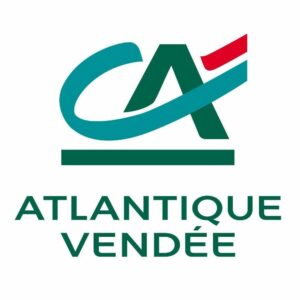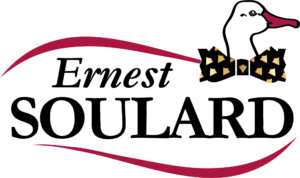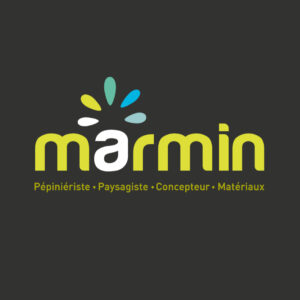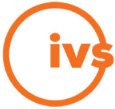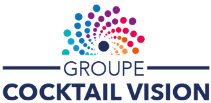of the oxygen we breathe
of man-made CO2 stored
of the earth's surface
of absorbed heat of greenhouse gases
water on our planet
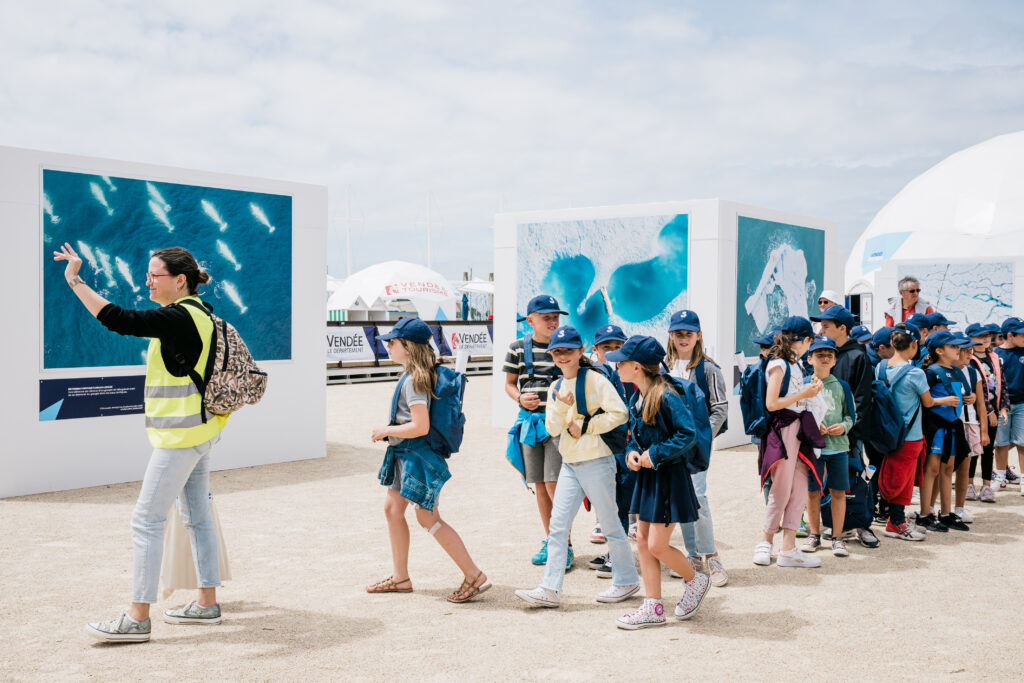
3.5 billion people depend on it for their primary source of food! Offshore energy, transport of goods, medicines, leisure… No matter where we live, the ocean affects us all.
The ocean plays as important a role in our atmosphere as our forests! It is essential to the oxygenation of our planet.
The ocean provided a protected environment, rich in resources and conducive to the appearance of the first forms of life on earth. Only 200,000 marine species are known to date, out of an estimated 700,000 to one million, according to UNESCO.
It’s a priceless source of wealth: the ocean is fertile ground for the development of more sustainable energies and biotechnologies, and the study of marine fauna is leading to unprecedented medical advances.
According to UNESCO, half of all marine species could disappear by 2100. As a result of global warming, ocean pH levels are falling, endangering this age-old heritage.
The ocean could contain more plastic than fish by 2050. Plastic and microplastic pollution of the oceans is already equivalent to several times the size of France!
Today, the decline in oxygenation in certain areas of the ocean is making it unliveable and seriously altering its biodiversity. These zones represent the equivalent of the entire surface of the United Kingdom!
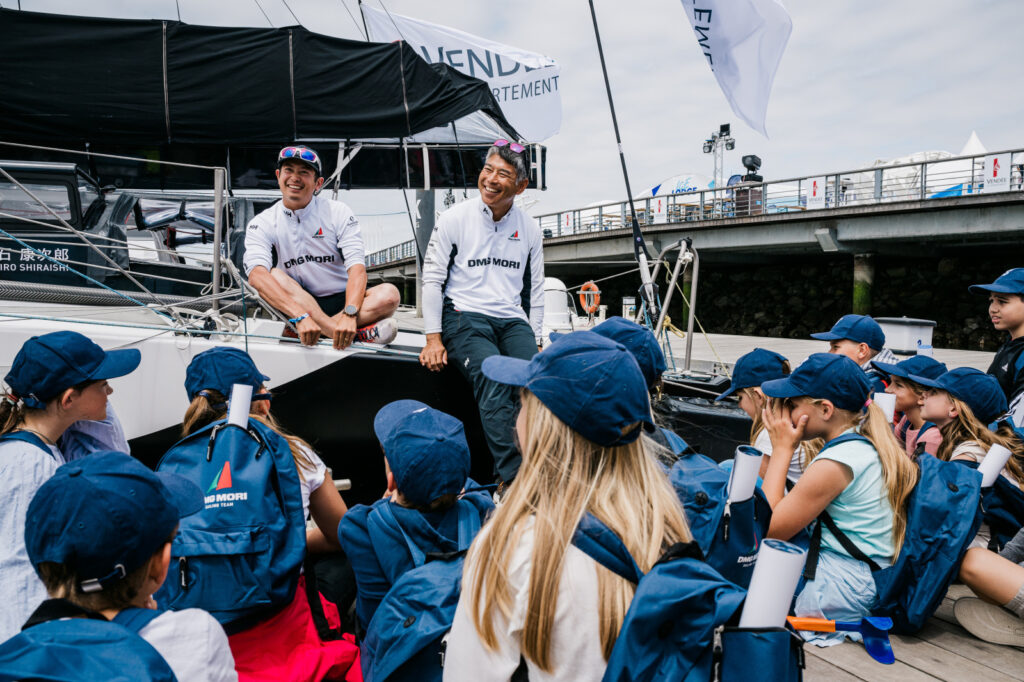
The Vendée Globe Foundation is the driving force behind the world’s most prestigious round-the-world sailing race, and reflects the Vendée Globe’s commitment to preserving the oceans. In collaboration with the scientific community, we support projects designed to provide concrete answers to current and future oceanographic challenges.

The Consortium supports the development of scientific analysis of the distribution of marine
species and their migratory routes in order to minimise the risks of collisions between boats
and marine megafauna.
Several Biodiversity Protection Zones (BPZs), identified as important breeding and feeding
sites for cetaceans, have been established along the entire route of the round-the-world race
from 2024.
These zones, which skippers are forbidden to enter on pain of penalty, are determined by
the Share the Ocean scientific consortium, in collaboration with the Vendée Globe
organisers.
Funding from the Endowment Fund will help the teams to improve scientific research and
refine the mapping of these protected areas from one edition to the next.

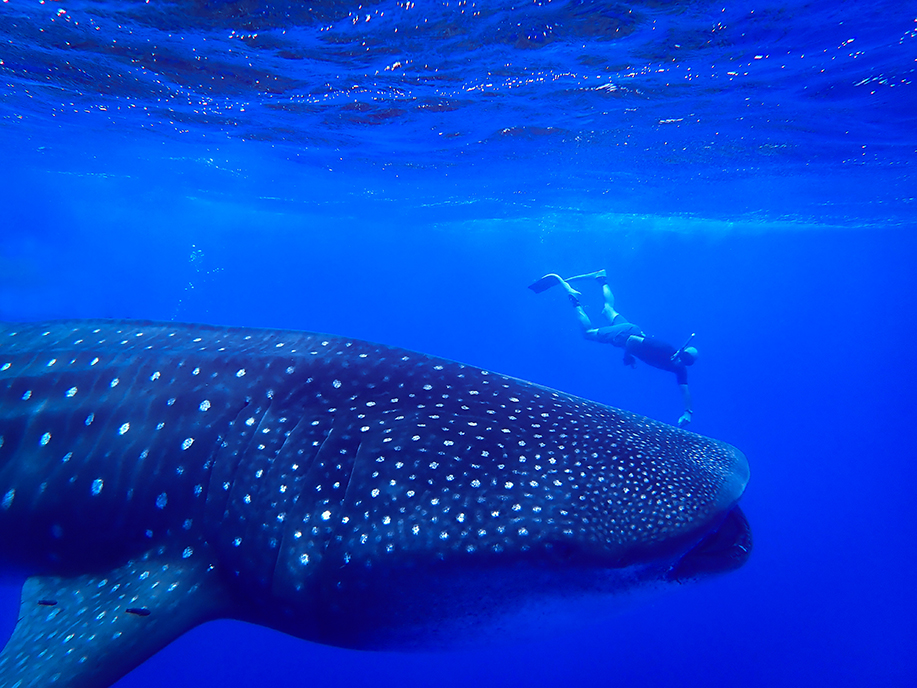
Mission William aims to ensure the survival of the whale shark, the world’s largest fish, which
is currently on the brink of extinction.
The aim of this project is to gain a better understanding of the migratory routes of the whale shark in the south-east Atlantic and to take action to protect the marine megafauna in danger of extinction in this area.
The William Mission is supported by the Over the Swell association, which aims to protect the ocean in three ways: through sport (to create wonder), through education (with children) and through oceanographic missions (to better understand what is happening in the ocean).
Mission William’s ambition is to create the world’s first protected offshore corridor stretching from the Gulf of Guinea to St Helena Island! It also provides a forum for discussion between scientists and with children around the world.
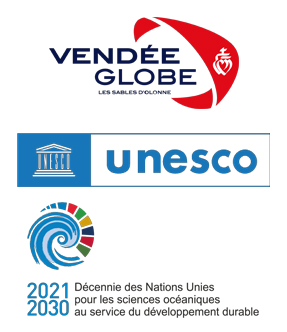
This approach will enable the development of scientific equipment on the Vendée Globe
boats to gain a better understanding of the ocean and the consequences of climate change.
This is a Vendée Globe initiative supported by UNESCO as part of the United Nations
Decade of Ocean Sciences for Sustainable Development (2021-2030). This collaboration
marks a new turning point after ten years of joint efforts between UNESCO and the IMOCA
Class.
In the run-up to the 2024 Vendée Globe, the skippers are being trained and strongly
encouraged to take on board the oceanographic measuring instruments selected by UNESCO and the Vendée Globe. From the Vendée Globe 2028 onwards, it will be compulsory to take these instruments on board as part of the Vendée Globe race rules.
This approach will make a significant contribution to enriching the scientific databases in the little-frequented areas of the Southern Ocean and on the Vendée Globe route.
The Endowment Fund is providing financial support to UNESCO to coordinate the
embarkation of oceanographic measuring instruments on a global and international scale.
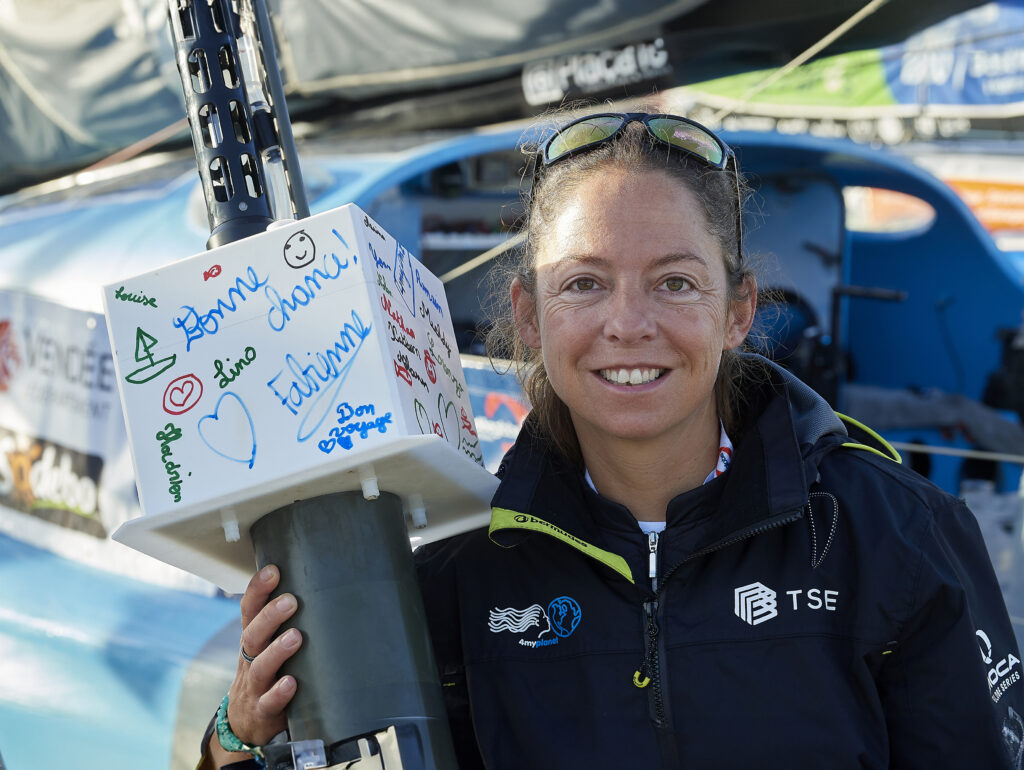
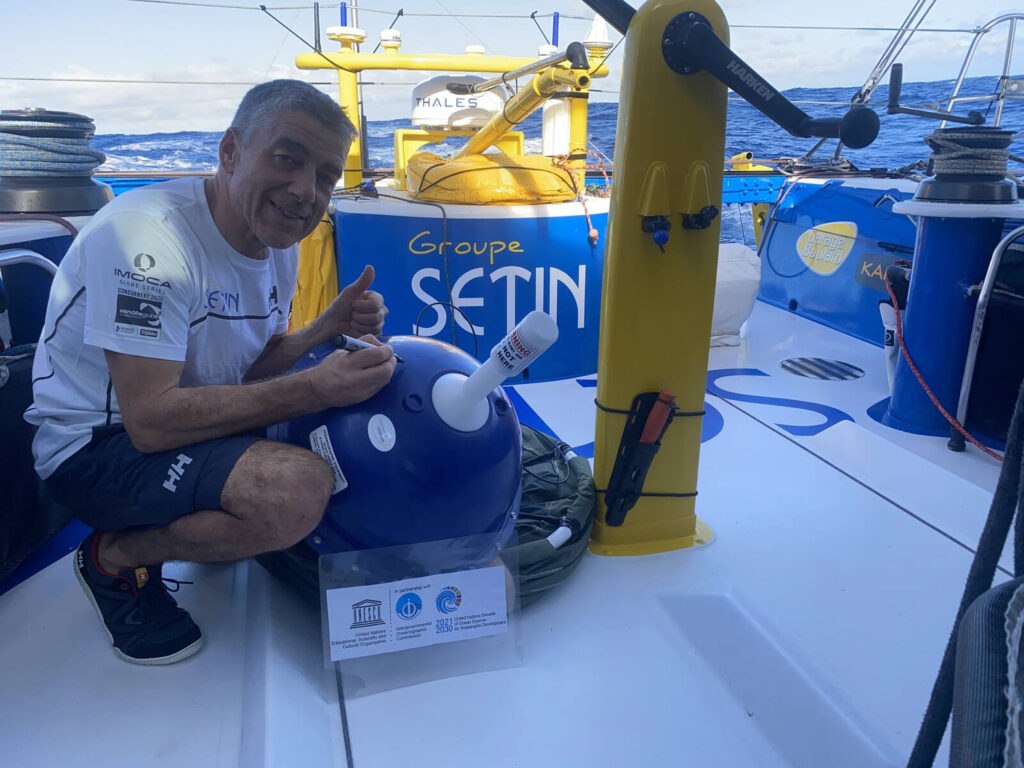
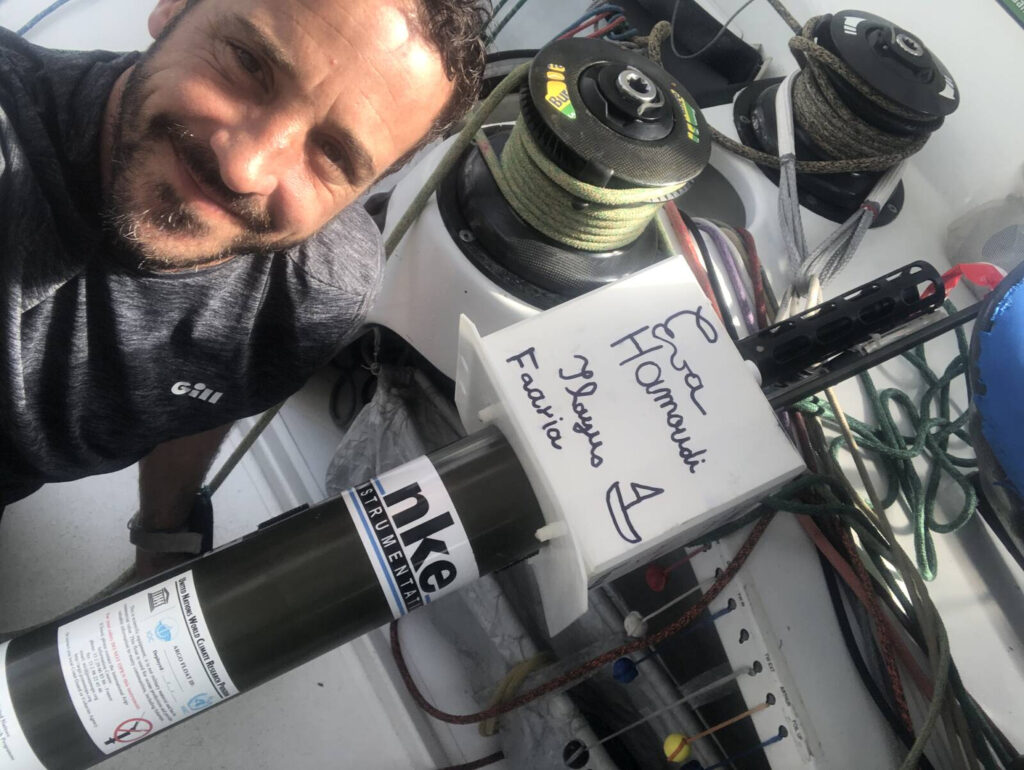
The Vendée Globe Foundation Board of Directors deliberates on all matters relating to the Endowment Fund.
It decides on the Fund’s commitments, ensures that the sums raised are monitored and communicates transparently on the missions undertaken to protect the oceans. It also carries out public awareness campaigns and monitors projects in collaboration with the Scientific Council.
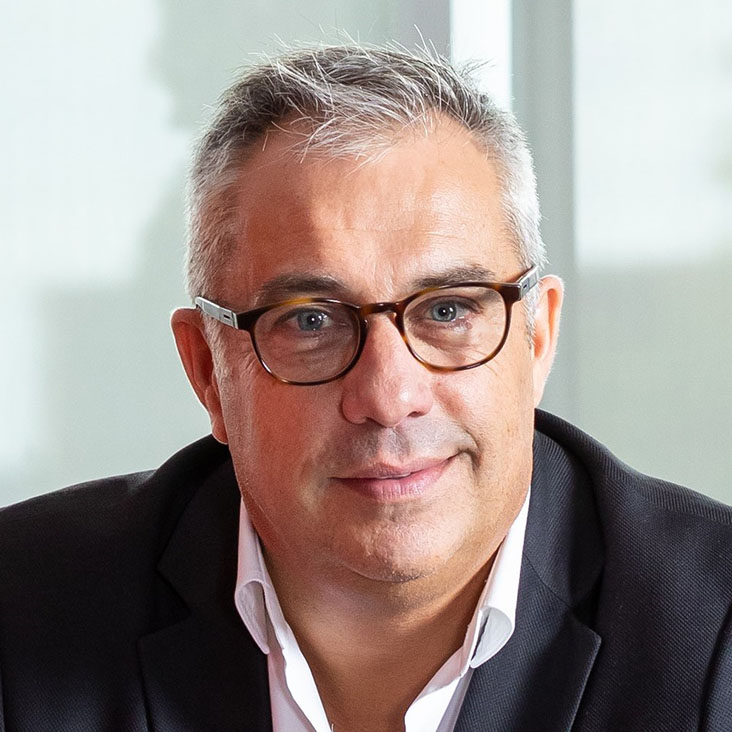
- Chairman Vendée Globe Foundation
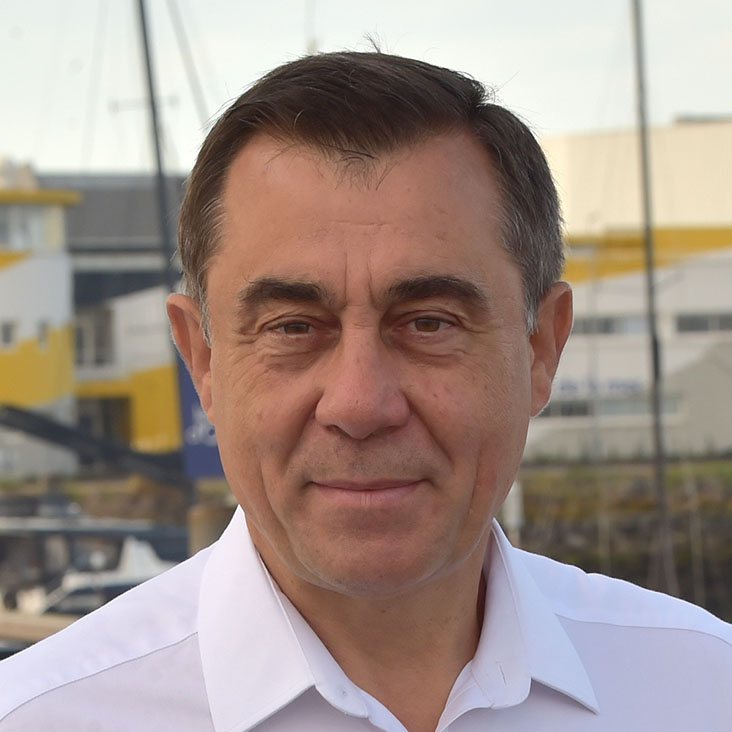
- Director of the Vendée Globe Foundation
- Chairman of the Vendée Departmental Council
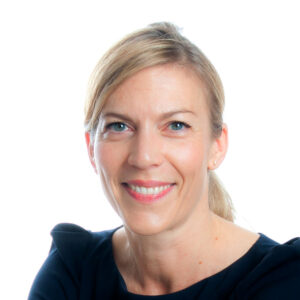
- Secretary Vendée Globe Foundation
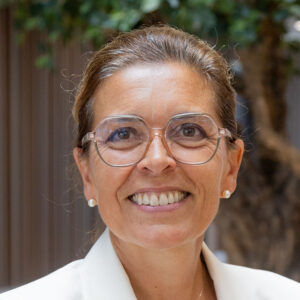
- Treasurer Vendée Globe Foundation
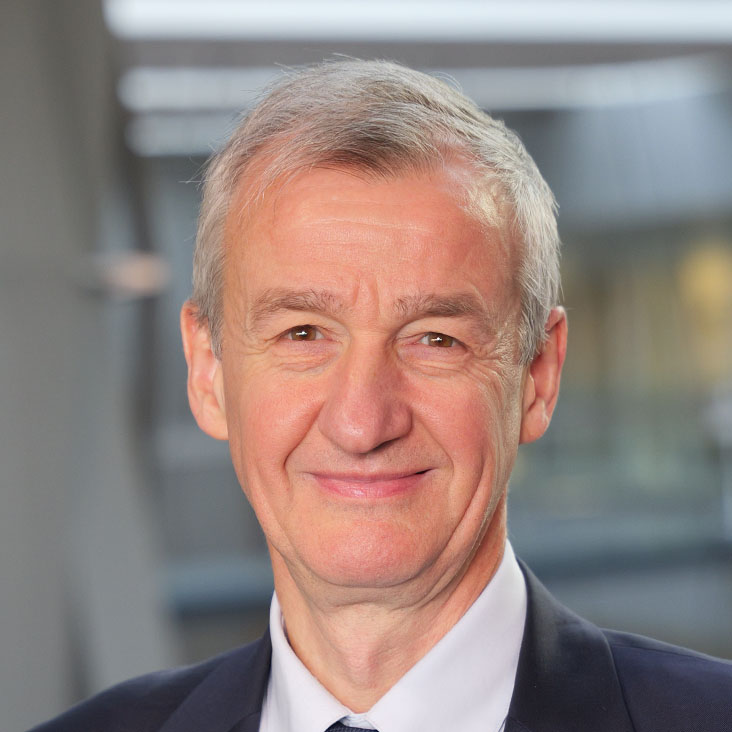
- Director Vendée Globe Foundation
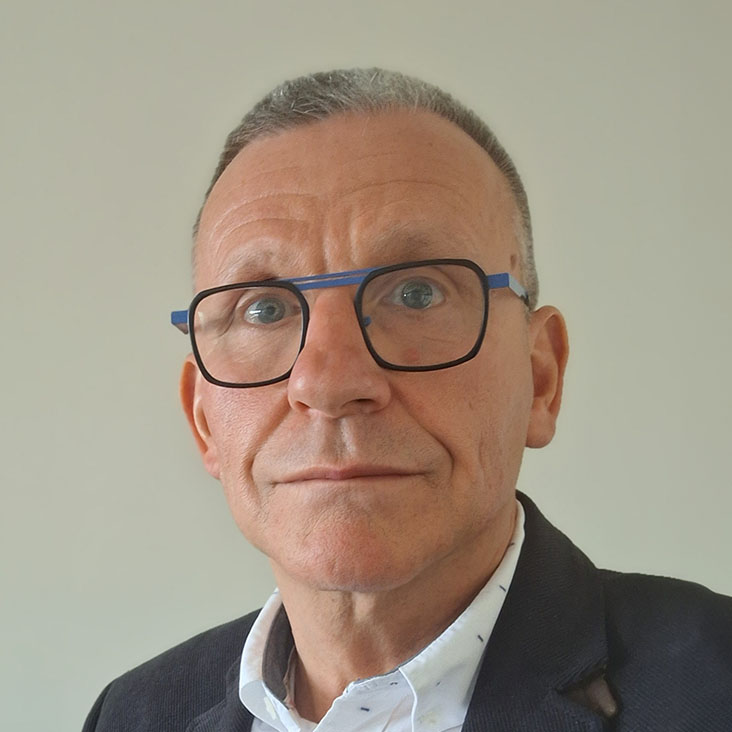
- Director Vendée Globe Foundation
The Vendée Globe Foundation’s Scientific Council is made up of seasoned scientists responsible for supporting the Endowment Fund’s Board of Directors in monitoring, selecting and making projects operational.
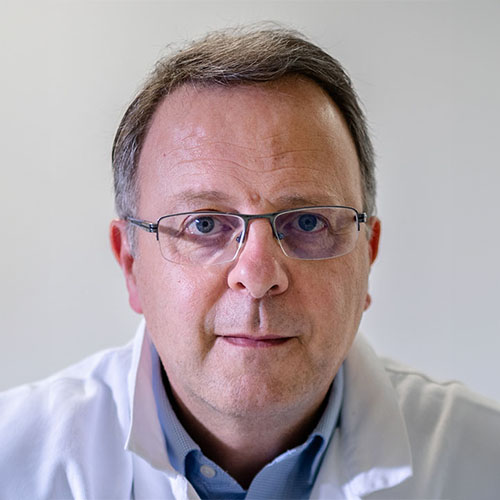
Chairman of the Scientific Advisory Board of the Vendée Globe Foundation,
Founder of Hemarina
Franck Zal has a doctorate in oceanography. He specialises in the field of respiratory pigments belonging to marine invertebrates. He is a knight of the Ordre National du Mérite Maritime and won the Prix Galien in 2023.
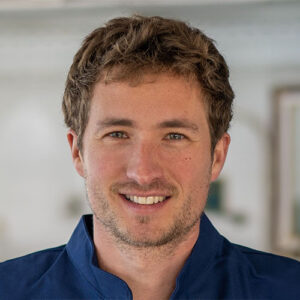
President and co-founder of Plastic Odyssey
Simon Bernard is a graduate engineer from the Ecole Nationale Supérieure Maritime. He is a member of the Société des Explorateurs Français. He is a Chevalier de l'Ordre National du Mérite Maritime and has been named Forbes 30 under 30 in 2021.
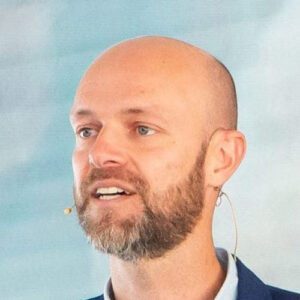
President and founder of Lhyfe
Matthieu Guesné is an electronics and computer engineer, and a pioneer in the production of green hydrogen. He is Director of Key Accounts at Hewlett-Packard's Test and Measurement Division.
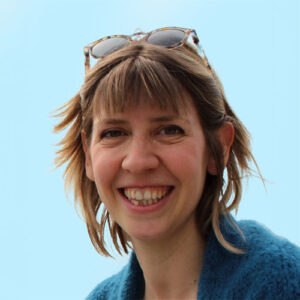
Co-founder and Managing Director of Lisaqua
Charlotte Schoelinck has a PhD in marine biology. A graduate of Sorbonne University and the Muséum national d'Histoire de Paris, she has worked for the Department of Fisheries and Oceans in Canada, where she specialized in aquaculture, and for the Service du Patrimoine Naturel, where she improved the national biodiversity inventory.
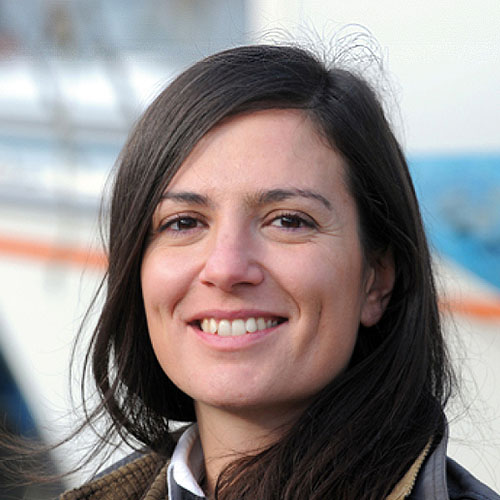
Head of the Deep-Sea Lab, Deep Environment Laboratory at IFREMER
Daniela Zeppilli is a biologist specialising in the ecology and taxonomy of deep-sea benthic fauna. She was awarded the L'Oréal-UNESCO Fellowship for Women in Science in 2014.
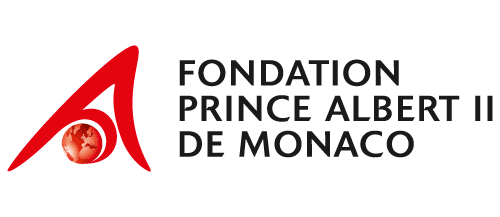
The Vendée Globe Foundation is working in partnership with the Prince Albert II of Monaco Foundation to protect ecosystems.Their collaboration reflects the desire of both organisations to make a concrete commitment to preserving natural resources. It is reflected in the participation of a Vendée Globe skipper in an annual leadership forum and in unprecedented cooperation in terms of support for scientific projects in the oceanic and technological fields.
Created by H.S.H. Prince Albert II of Monaco in 2006, the Prince Albert II of Monaco Foundation is an international non-profit organisation dedicated to advancing global health for current and future generations by co-creating initiatives and supporting hundreds of projects worldwide.
The Prince Albert II of Monaco Foundation focuses its efforts on three main areas: climate change, biodiversity and water resources. It does this in three main geographical regions: the Mediterranean Basin, the Polar Regions and the Least Developed Countries. The Foundation has already allocated 110 million euros in support of 785 projects.
H.S.H. Prince Albert II of Monaco is the only Head of State to have visited both Poles. In 2005, the Sovereign led an Arctic expedition to Spitsbergen, reached the North Pole in 2006 and visited Antarctica in 2009.
As Head of State and Chairman of his Foundation, Prince Albert II has been honoured with numerous awards from organisations around the world for his contribution and actions to protecting the environment. He has been an IUCN Patron of Nature since 2011.
More information at www.fpa2.org
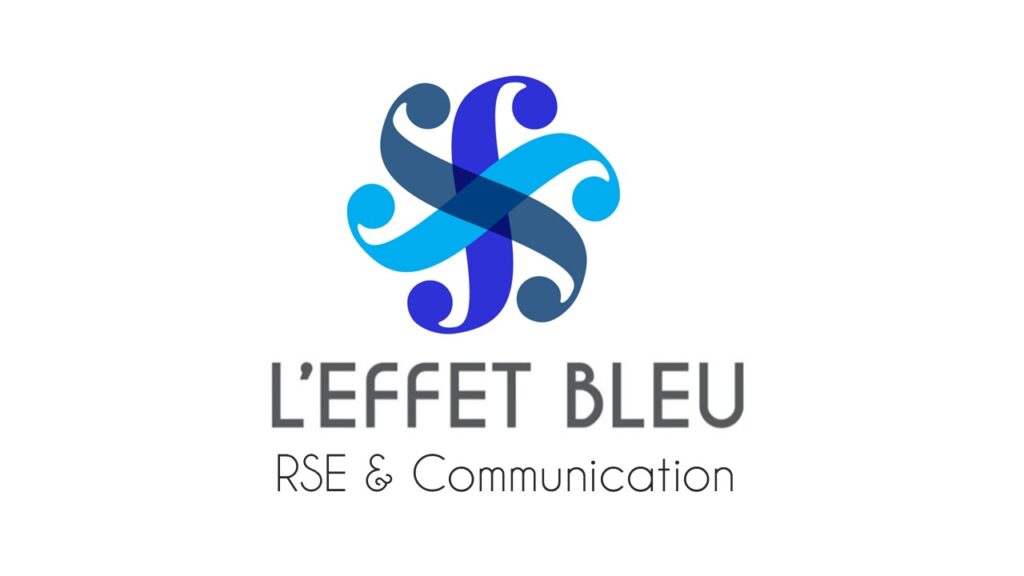
The Blue Planet Game is a fun and collaborative CSR workshop designed by L’Effet Bleu to raise awareness among professionals about environmental and social issues. Through an immersive role-playing game, participants experience the consequences of their choices and explore sustainable solutions for their companies together. A partner since September 2025, L’Effet Bleu has committed to donating 2% of its revenue to the Vendée Globe Foundation in support of ocean conservation and environmental education.
More information on leffetbleu.fr
